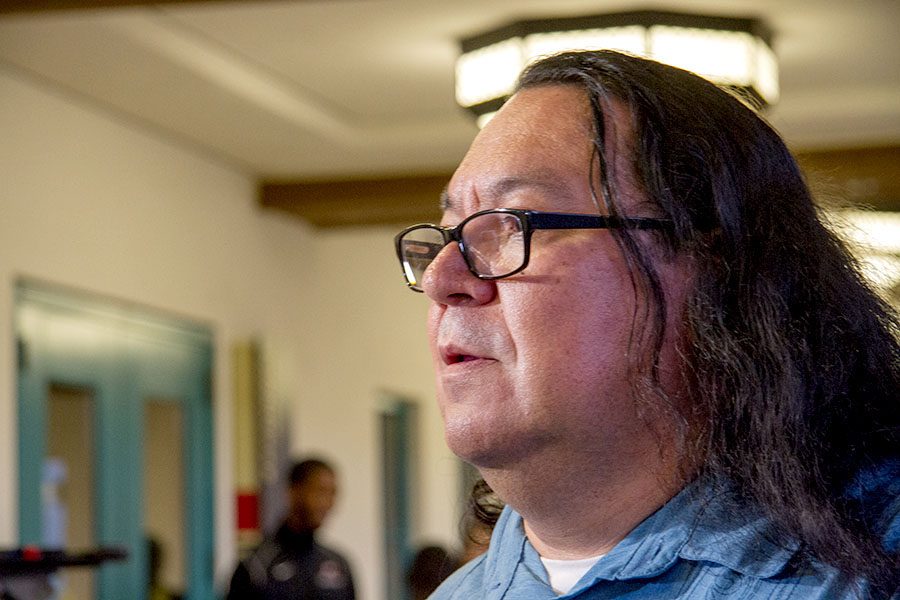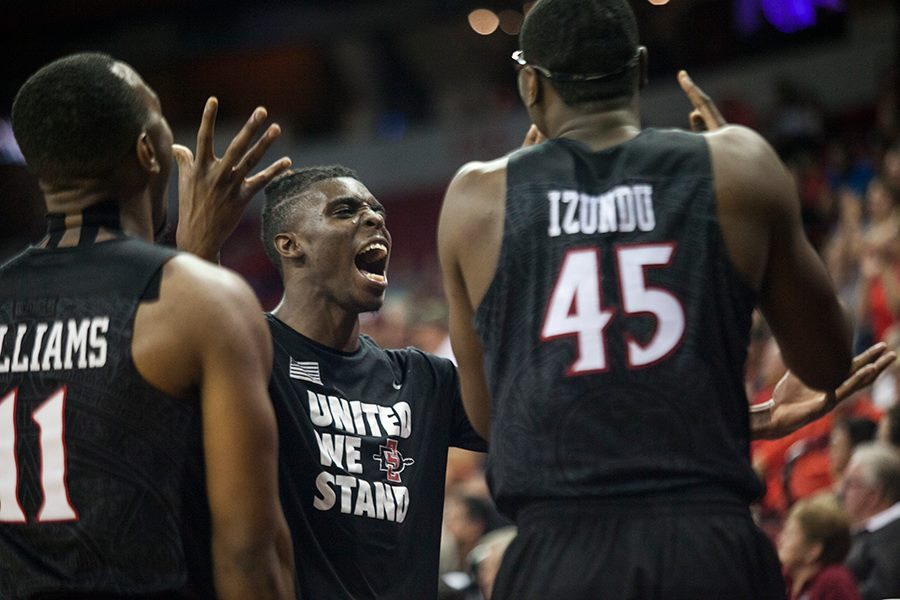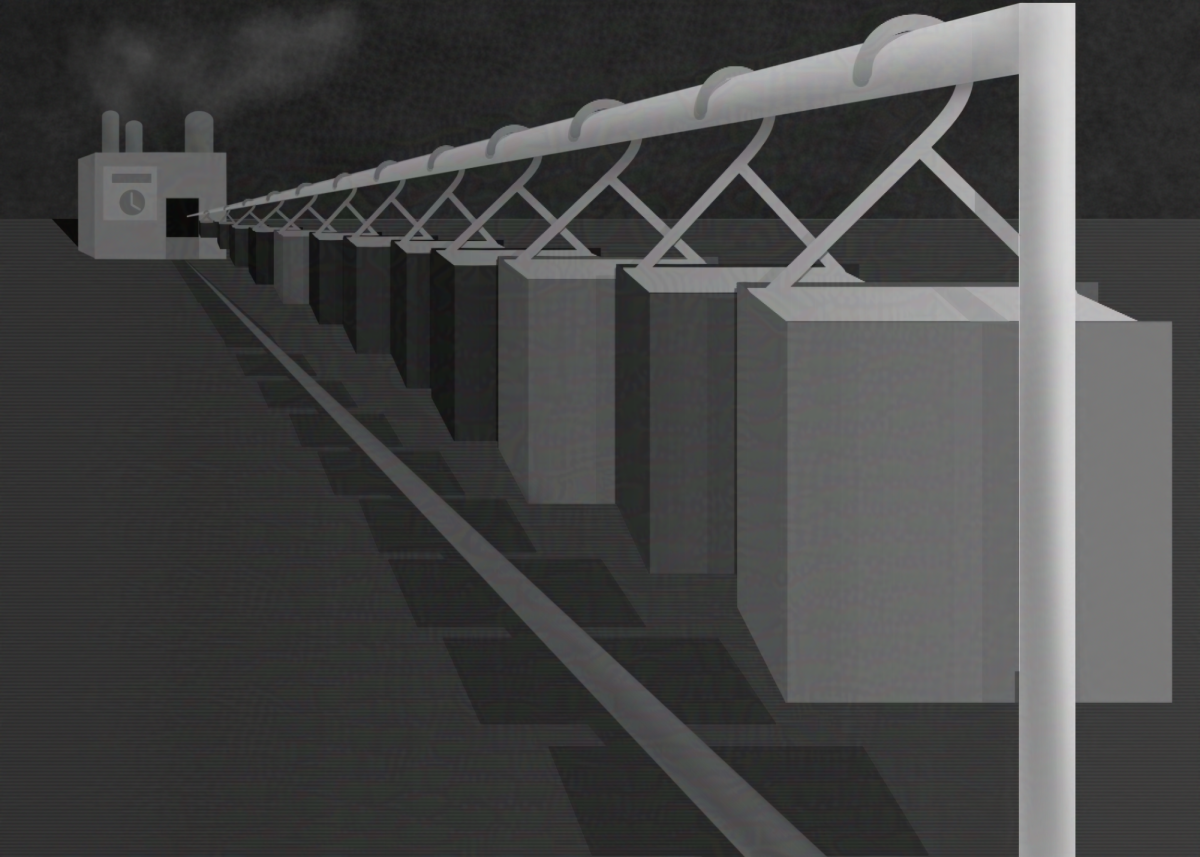It was four months ago when I first heard the words, “Armenian genocide.”
I was standing outside of an Armenian Christian church in the Old City of Jerusalem on a sponsored trip, when our tour guide started talking about the Turkish government’s systematic massacre of 1.5 million Armenians in the early 20th century. I nodded as though I knew what he was talking about, but truth be told, every word he said was new to me. As he explained in slow and crucial detail the ethnic and religious persecution of the Armenian people in Turkey, I was embarrassed and shocked. How was it after 13 years of formal education I had absolutely no clue about one of the biggest human tragedies in modern history?
Why do I retell this story?
This moment tragically encapsulates the atrocious reality and effect of the world-wide denial of the Armenian genocide.
If Elie Wiesel is right in saying to forget such atrocities is to kill twice, then the continued denial and lack of education about the Armenian genocide means that it never ended. In denial, the injustices of past history have carried on to the modern day.
Beginning in 1915, the Turkish government massacred one to one and a half million Armenians through government sponsored mass burnings, drowning, starvation, toxic gassings, death marches and rape. During the course of eight years, the Turkish government conducted this massacre under the argument they were putting down an Armenian revolt.
In the end, whether it was by killings or forced deportations, the number of Armenians within Turkey fell from 2 million in 1914 to less than 400,000 in 1922.
This year marked the 100th anniversary of the Armenian genocide. In light of this centennial, Armenian students at San Diego State have planned a memorial event in front of Hepner Hall on April 30, “Stain of Denial.” They are among many across the world calling for politicians and nations for recognition. However, above all, they call for accountability from the Turkish government because this year also marks 100 years of genocide denial by the Turkish government.
Shockingly enough, in an effort to evade responsibility for past crimes, the Turkish government continuously refuses to acknowledge its involvement in the 1915 massacre of the Armenian people and recognize it as a genocide.
Efforts made to erase the Armenian genocide
In an effort to desperately censor history, the Turkish government spends millions annually paying the former Senator Richard Gephardt’s Group to lobby against congressional resolutions to recognize the Armenian genocide. Should Congress even consider passing a resolution to acknowledge the genocide, the Turkish government has threatened multiple times to cut diplomatic ties with the U.S. and close its airforce bases to U.S. planes.
These efforts to keep their blighted history with the Armenians in the past are institutionalized within the Turkish government, both in its foreign policy and domestic policy.
Liza Stephanian, a journalism junior and an Armenian student at SDSU, said the Turkish government’s efforts of history revision have lead for many within Turkey to be unaware of their true history.
“It’s difficult to come to terms with a past that isn’t one to be proud of,” Stephanian said. “When the modern Republic of Turkey formed in 1920, the first president of Turkey sought to erase the past. He even eliminated the Turkish written language that was in Arabic script and replaced it with a Latin alphabet. Because of these reforms, Turkish citizens have been unaware of their true history for many decades. Information is withheld from them and from history classes in schools. It has become easier to deny the facts, and to believe whatever propaganda the government feeds its citizens.”
Now, 100 years after the Armenian genocide, the Turkish government’s efforts to censor and stifle cultural and scholarly events about the genocide is working. There are scores of people who undergo years of education, within Turkey and around the world, without an inkling of knowledge that genocide of this scale even existed.
By all definitions and contexts, the actions of the Turkish government in that eight-year period of ethnic massacre describe the modern day definition of “genocide.” Therefore, politicians from democracies founded on values of justice and liberty should be at the forefront of genocide recognition.
However, the current reality tells a distressing contradiction. Many prominent political leaders of today, such as President Obama, Hillary Clinton and the United Nations Secretary General, refuse to use the word “genocide” to describe these events out of fear of losing diplomatic ties with the Turkish government. During his 2008 campaign mission, Barack Obama ensured Armenian voters that he would use the word “genocide” to describe the Armenian genocide.
“The Armenian genocide is not an allegation, a personal opinion, or a point of view, but rather a widely documented fact supported by an overwhelming body of historical evidence,” Obama said.
However, President Obama has yet to use the word “genocide” to describe the Armenian genocide. Because of this, both Armenian activists and Obama supporters feel betrayed.
Even most recently, Armenian-American celebrity Kim Kardashian penned an op-ed for Time noting her disappointment and calling for President Obama to recognize the Armenian genocide as a genocide.
However, despite such pleas, the hesitance is considered understandable in the face of diplomatic threats from Turkey. These threats have put these political leaders into a precarious decision to choose between morality and national security.
Is it worth the risk to call the Armenian genocide as “genocide” and jeopardize diplomatic relations with Turkey?
Renee Bunn an Armenian international security and conflict resolutions sophomore, said that taking a moral stance in recognizing genocide is imperative in the face of the history of her people.
“I understand national security concerns, but I don’t think that’s excusable to continue to deny the humanity of my people,” Bunn said. “Armenians feel like we have been further dehumanized and it’s a continuation of the genocide because it’s not allowing the 1.5 million Armenians who died to peacefully rest. To put the needs of Turkey above the needs of suffering human beings is the continuation of genocide, and it isn’t justifiable by any means. I want to call on every country in the world to recognize the Armenian genocide.”
The word “genocide” carries with it the weight of representation of human atrocity, but also recognition of accountability and responsibility. The politics of the word calls for accountability for the past to move into the future. It’s existence as a word calls for an end of a repeat.
Bunn calls for students to recognize the genocide, to use the word genocide, and to realize the real life ramifications of not acknowledging the Armenian genocide.
“First and foremost, I want students to know that genocide did happen. History does repeat itself, and that’s not a cliché saying,” Bunn said. “I want people to know that it’s a duty of all of us to respect the past and move towards a peaceful future, and that can’t be done if we’re picking and choosing what parts of history to acknowledge.”
Refusal to recognize one tragedy and hold accountability, paves a way for a future where a repeat is palpably possible. This threat is imminent.
The struggle for human rights in the modern age requires recognition of the past, and it also requires two clear moral positions: to speak out, or be complicit.
The cost of not speaking up is too high, it risks a repeat, which is why we need to recognize the Armenian genocide — to respect the lives lost and to never see such atrocities again.
It is within the context of the numerous genocides that have occurred since then that makes the recognition of the Armenian genocide as one of the first genocides in modern history, so urgent.
To further contextualize the importance of recognizing the Armenian genocide, recall what Adolf Hitler said before he invaded Poland, before the death camps, and before six million Jews were exterminated.
He said, “Who, after all, speaks today of the annihilation of the Armenians?”
The rest, as we know, is history.











